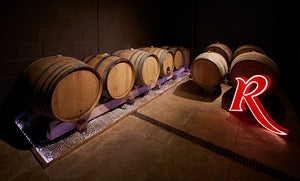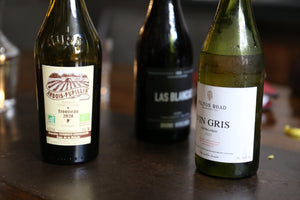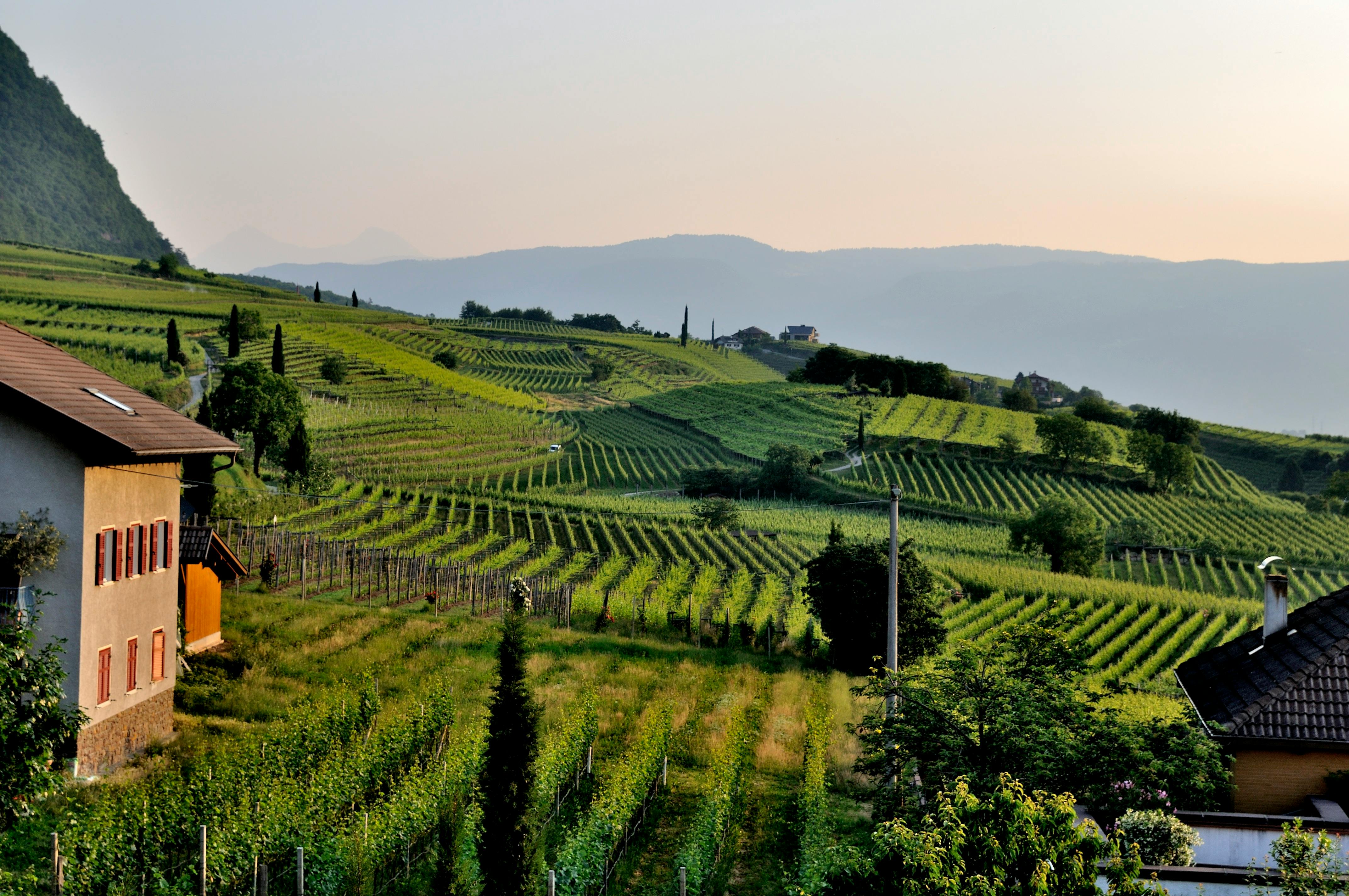This article was authored by Oscar Baker.
Moving towards a Sustainable Wine Industry
As the wine industry faced further climatic challenges in 2021, we were all reminded of the fires that raged through the vineyards of California in 2020. This year - in a sense of cruel irony - it was Spring frost that loomed over the vineyards of France, with fires lit across Burgundy in a bid to protect the fledgling fruit.
The consequences of climate change are now being felt across the world, impacting our everyday lives and presenting significant challenges to many industries. In the wine industry, many are now facing this reality by placing sustainability at the centre of their business. While the impact of winemaking is by no means the largest contribution to climate change, every industry must address the issue.
Sustainability has become a central pillar to our brand identity, and no producer better exemplifies this approach than our agency Long Meadow Ranch. LMR - through their dedication to sustainable agriculture and the production of top-class wines - prove that the two are jointly achievable. Based in Napa Valley - a region which has dealt with significant fire damage in the last decade - they know better than anyone the need for action.

Sustainably and Organically Farmed LMR Highland Cattle
SUSTAINABLE FARMING

It may not be immediately apparent, but the wine industry poses a multitude of challenges to the environment. Vineyards risk over-working the land they are planted on, reducing the mineral levels and limiting floral diversity. Sustainable winemaking must, therefore, start in the vineyard.
The name of the game in sustainable production is to operate in a way that is economically viable, while simultaneously acting in a way that is protective of the natural assets. This means not treating vineyards as simple monocultures, with many sustainable vineyards incorporating olive orchards or other crops on the land. Another central tenant is to limit or remove the use of pesticides while still producing a high quality product.
Full circle farming, compost and solar power as well as a 'Land Trust' are all central to the farming process at Long Meadow. Since organic certification for wine in the US requires no SO2 is used in the winemaking process, the wines themselves cannot be labelled organic. However, all the farming practices at the Ranch are certified CCOF. Visit the LMR site to read more about their holistic farming approach:
https://www.longmeadowranch.com/the-ranch/what-we-do/
ORGANIC WINE
Organic wine certification requirements vary from country to country. However, there are some aspects that are nearly universal. Most critically the certification requires that no synthetic pesticides are used in the vineyard. These can reduce biodiversity and damage the soil balance, while also producing large energy outputs. Thanks to decades of research, there are now twenty organically certified pesticides in the EU, ensuring grape yields are not severely damaged by unwanted vineyard guests. This is vital to ensuring the health of the surrounding ecosystem, as research suggests that vineyards adopting organic farming have, on average, 50% more wildlife.
SUSTAINABLE WINE TOURISM
A major part of the wine industry is tourism and the economic activity this brings to the winery. Having visitors for tours and tastings is important not only for the viability of winemaking as a business, but also tor the education of new and old wine enthusiasts alike. The popularity of Urban wineries and microbreweries has been a boon for sustainability, bringing the production process closer to the consumer and permitting winery experiences without travelling far afield. The popularity of digital tastings during the last couple of years is another example of how winery experiences can be brought to the consumer. There is also a growing trend of tourist revenues being used to offset pollution and reinvest in sustainable practices across the wine business.
Environmental protection is paramount to the future of civilization, and the wine industry should not be exempt from its duty to help. At Roberson, we do our utmost to collaborate only with those wineries who share our environmental ideals. Many of our producers and the wines we stock are certified organic and - if not - they deploy organic farming practices. The exceedingly high-quality of these wines, each hand-selected by our buying experts, indicate the calibre of wines that can be made with environmentally-conscious practices. In fact, we have found that dedicated care for our planet is often indicative of the attention to detail requisite in great wine. Not only is sustainability viable with winemaking, it might just make the wines better.

With thanks to Long Meadow Ranch for use of imagery.




